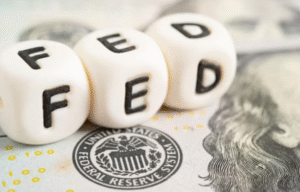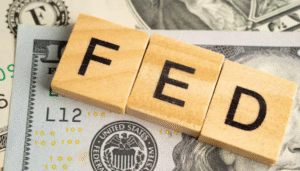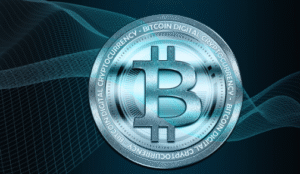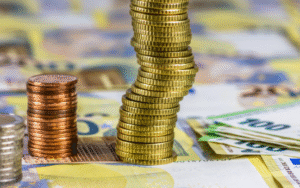$META $SONY $BTC
#UKinflation #ONS #VRheadsets #ConsumerSpending #Inflation #Economy #RetailTrends #PriceGrowth #Crypto #StockMarket #InterestRates #Technology
The Office for National Statistics (ONS) has made its annual update to the UK’s inflation basket, a collection of goods and services used to measure changes in price levels across the economy. This year, virtual reality (VR) headsets and pulled pork have been added, reflecting evolving consumer preferences and technological advances. The inclusion of VR headsets signals the increasing adoption of immersive technology and a growing market for augmented and virtual reality experiences. As companies like Meta ($META) and Sony ($SONY) invest heavily in VR hardware, demand is rising, with implications for tech stocks and consumer electronics sales. Meanwhile, the addition of pulled pork highlights changing dietary trends, reflecting an increase in demand for pre-prepared and convenience foods. The updates to the list provide insight into spending habits, which policymakers and investors monitor closely for inflationary impacts on various sectors.
The inflation basket is a critical tool for the Bank of England and policymakers when assessing price growth and determining interest rates. The presence of tech-focused consumer goods, such as VR headsets, suggests that discretionary spending on electronics remains strong despite broader economic uncertainties. If inflation remains persistent, particularly in consumer technology and food prices, the Bank of England may be forced to maintain higher interest rates to curb spending. This could hurt equities, particularly in tech and retail sectors, while increasing the appeal of inflation-resistant assets like Bitcoin ($BTC). On the other hand, if prices stabilize and consumer confidence strengthens, growth stocks and risk assets may see renewed interest. Investors will closely watch the inflation data for signals on future monetary policy adjustments and their broader market impact.
Technology adoption plays a significant role in shaping economic trends, and VR’s inclusion in the inflation basket reflects its growing prominence. Companies investing in the metaverse and digital products could see long-term gains as demand rises for virtual workspaces, gaming, and social experiences. Meta and Sony have been among the leaders in pushing VR hardware forward, with Meta’s Quest line leading the mainstream market. Changes in consumer habits can create investment opportunities, influencing stock valuations and projections for tech firms. Similarly, food sector shifts reflect a population increasingly leaning toward convenience and ready-to-eat options, which can boost sales for food producers and retailers specializing in pre-packaged meals.
As inflation impacts households differently depending on consumption patterns, adjustments like these in the inflation basket help refine the accuracy of economic measurements. If rising costs disproportionately affect essential products such as food, policymakers may need to consider targeted relief measures. However, the inclusion of premium discretionary goods like VR headsets suggests that some consumer segments remain willing to spend on non-essential items, which could be a sign of underlying economic resilience. Investors and policymakers alike will continue to assess these updates to gauge the direction of inflation trends and their potential effects on markets.











Comments are closed.